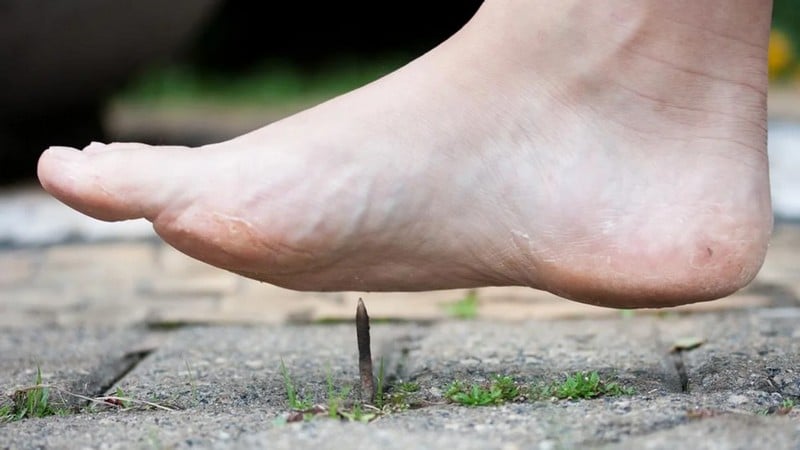Necrotizing fasciitis is an uncommon fatal bacterial infection that affects the body. In dissecting its etymology, necrotizing means the death of tissues, while fasciitis means inflammation of the tissues found under the skin adjacent to the muscles, fats, nerves, and blood vessels. These tissues are also called fascia. Hence, necrotizing fasciitis is the death of fascia through inflammation caused by the flesh-eating bacteria.
Symptoms of necrotizing fasciitis can be perplexing, for it may develop quickly. Some of these symptoms are red, warm, and swollen skin, severe pain around the affected skin area, and fever. These may indicate severe cases, and treatment should not be delayed.
Necrotizing fasciitis is a life-threatening disease. If left untreated, it may lead to sepsis, shock, and failure of the organs. Study shows that one out of five people dies because of the disease. In some cases, people affected with necrotizing fasciitis lose limbs due to its life-long complication.
In preventing flesh-eating bacteria, always remember to be hygienic, take a bath regularly, clean all wounds, and avoid all causes of necrotizing fasciitis.
This article lists some of the causes of necrotizing fasciitis.
Puncture Wounds

Puncture wounds result from accidental contact with a pointed object or something sharp, such as a tooth, knife, or nail. Flesh-eating and other harmful bacteria may be found on these mundane objects. Once infected, the inflammation of the fascia will spread quickly.
Puncture wounds may appear small and shallow but can reach the body’s soft and deep tissues. Unfortunately, they are also usually neglected since they don’t bleed heavily and don’t look severe. Punctured wounds are more likely to cause necrotizing fasciitis because they are extremely difficult to clean.
If the puncture is left untreated, it may lead to internal and external bleeding. And since punctured wounds are moist, they serve as the perfect environment for bacteria to grow and multiply. So, everyone should be mindful of every cut or wound in their bodies, no matter how shallow, or small they seem. In addition, it is best to let experts handle punctured wound cleaning to lessen the risk of infection.










